During the 29th UN Climate Change Conference (COP29), civil society organizations in Beijing fully leveraged their expertise and networks by hosting thematic side events, launching advocacy initiatives, and undertaking other forms of activities. They proactively engaged in global climate governance by voicing their concerns.
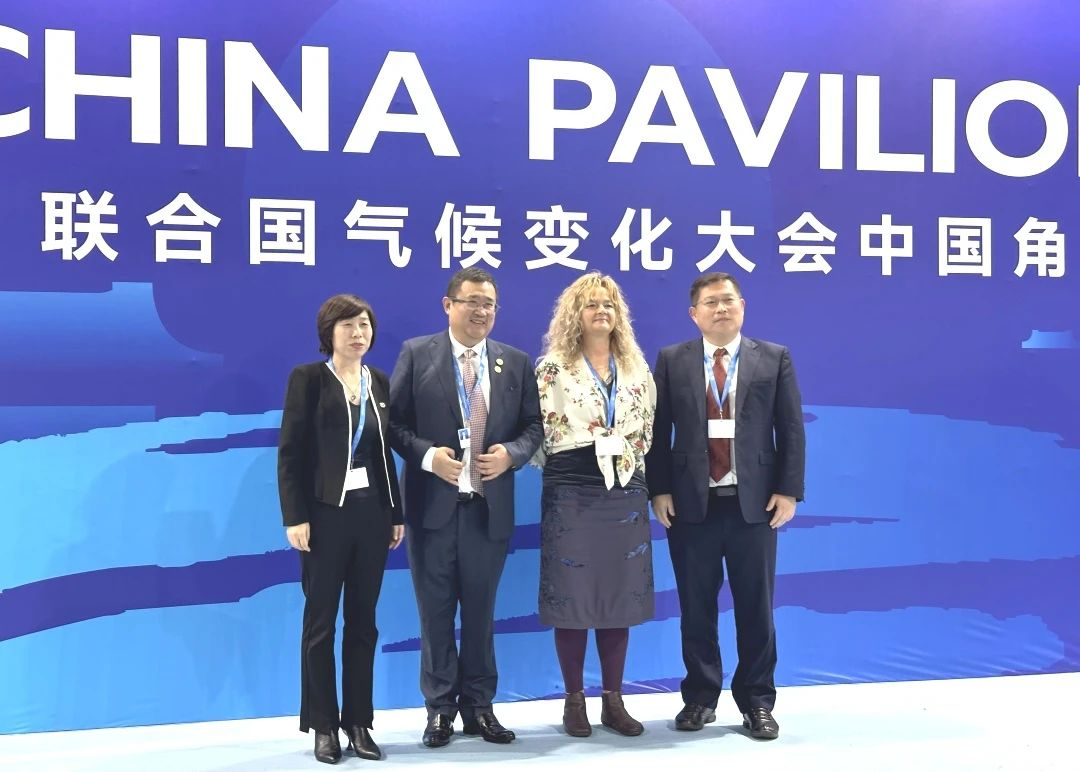
Chinese and Foreign Guests Attend the Thematic Side Event Titled “Responding to the Climate Change: Chinese Civil Society Organizations in Action”
On November 20, at the China Pavilion of COP29, the China Association for NGO Cooperation (CANGO), China Environmental Protection Foundation (CEPF), and SEE Foundation co-hosted a thematic side event titled “Responding to the Climate Change: Chinese Civil Society Organizations in Action”. This event brought together officials from relevant UN agencies, as well as Chinese and international civil society organizations. It aimed to leverage the strengths of civil society organizations in the environmental protection sector to foster innovation and cooperation among multiple stakeholders, and raise public and corporate awareness and participation in environmental protection, so as to support national efforts towards the carbon peaking and carbon neutrality goals through civil society climate actions.
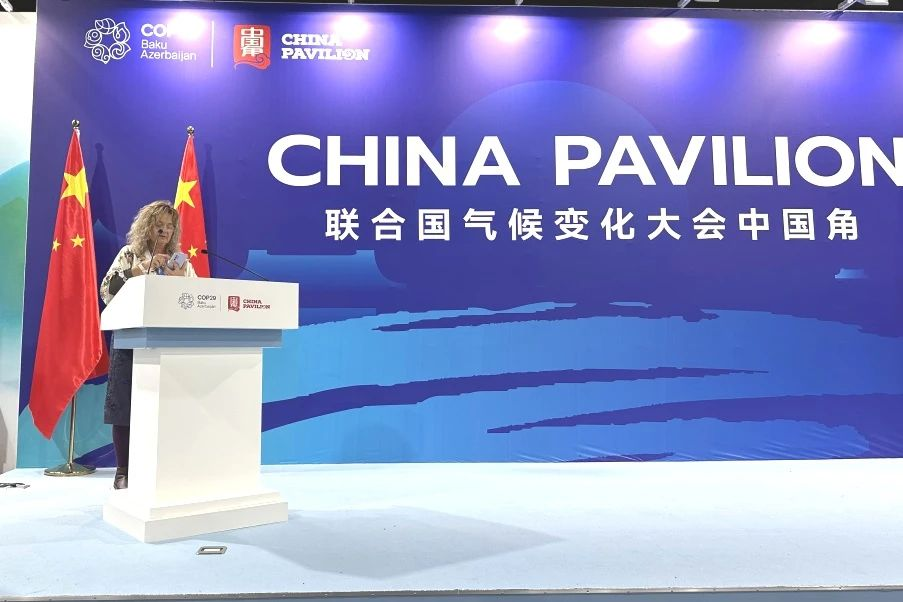
Aneta Nikolova, Environmental Affairs Officer at the Environment and Development Division of the UN Economic and Social Commission for Asia and the Pacific (ESCAP), highly commended Chinese modernization, particularly China’s renewable energy initiatives as a leading example for the Asia-Pacific region.
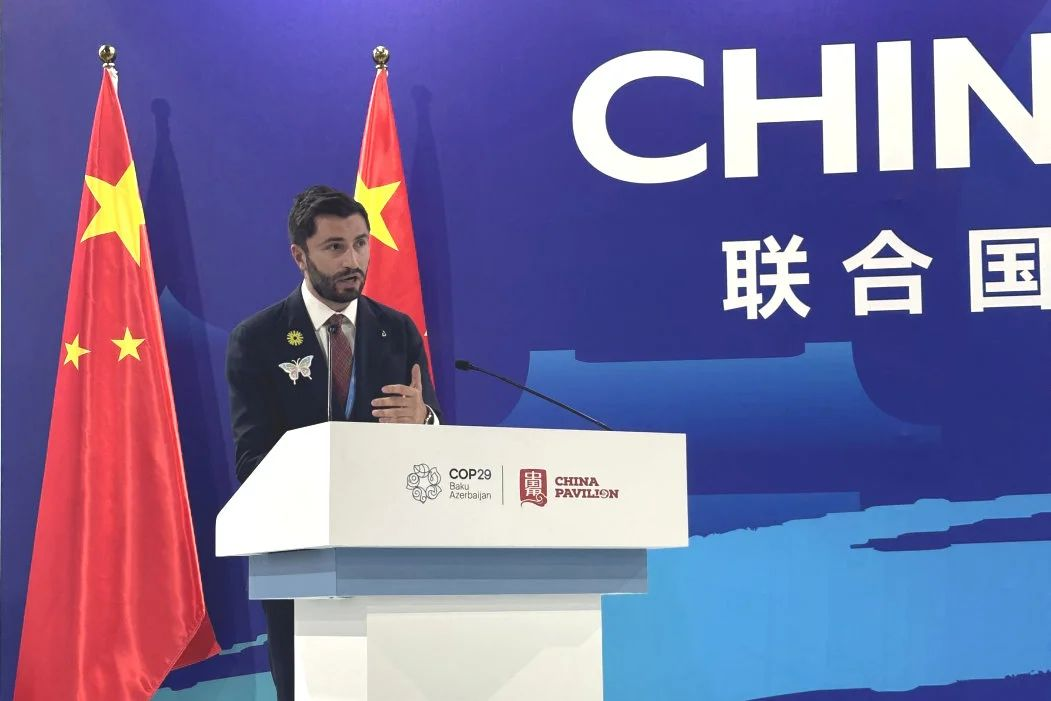
Rza Aliyev, Chief Strategy and Sustainability Officer at the Nizami Ganjavi International Center (NGIC), stated that global civil society organizations should unite as a community with a shared future in areas such as addressing climate change and promoting sustainable development. He emphasized that these organizations should collaborate closely and voice their concerns proactively, thereby playing a vital role in ensuring a fair and just green transition.
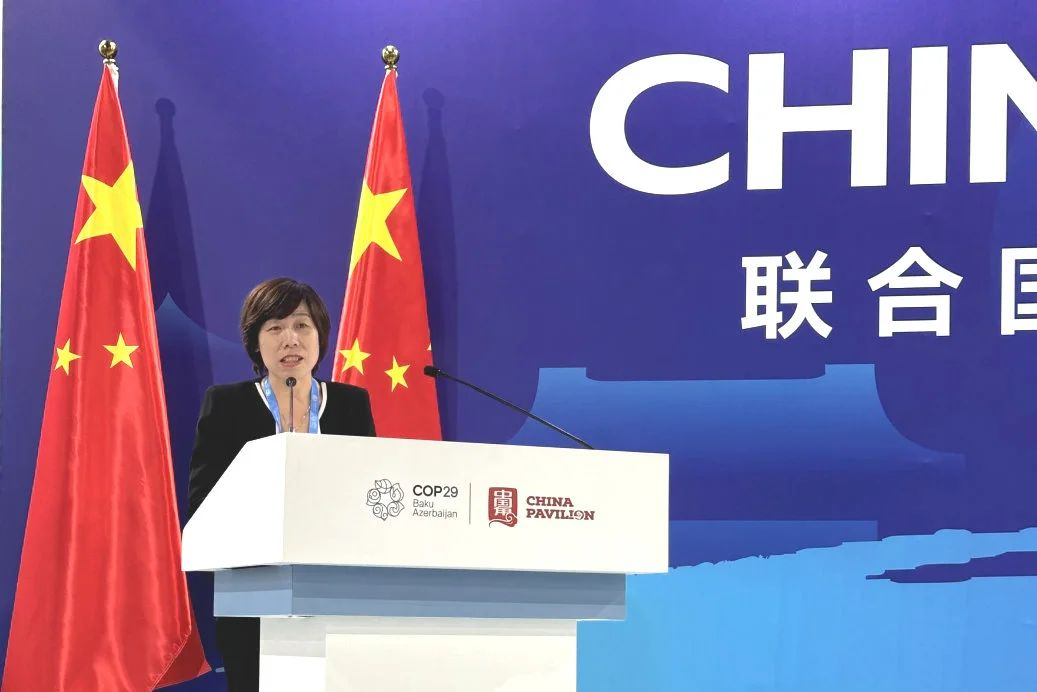
Wang Xiangyi, Vice Chairperson and Secretary-General of CANGO, highlighted that the COP29 China Pavilion thematic side event served as an exchange platform for government officials, social organizations, enterprises and academic experts from China and abroad to explore further cooperation, facilitate climate actions, and pursue innovative and open development.
The “COP Together” project, jointly launched by CANGO, Wanke Foundation, and C Team, made its debut at COP29. This initiative aimed to mobilize and support Chinese civil society organizations to participate in global climate governance, and apply for observer status under the United Nations Framework Convention on Climate Change (UNFCCC), thereby offering a more direct and effective platform for international dialogue.
During COP29, representatives from multiple Chinese civil society organizations supported by the “COP Together” project attended related events and delivered speeches at various side events, sharing China’s experience and innovation in addressing climate change and proposing climate solutions with Chinese characteristics. They actively engaged in global climate governance and contributed insights and efforts to the goals set in the Paris Agreement.
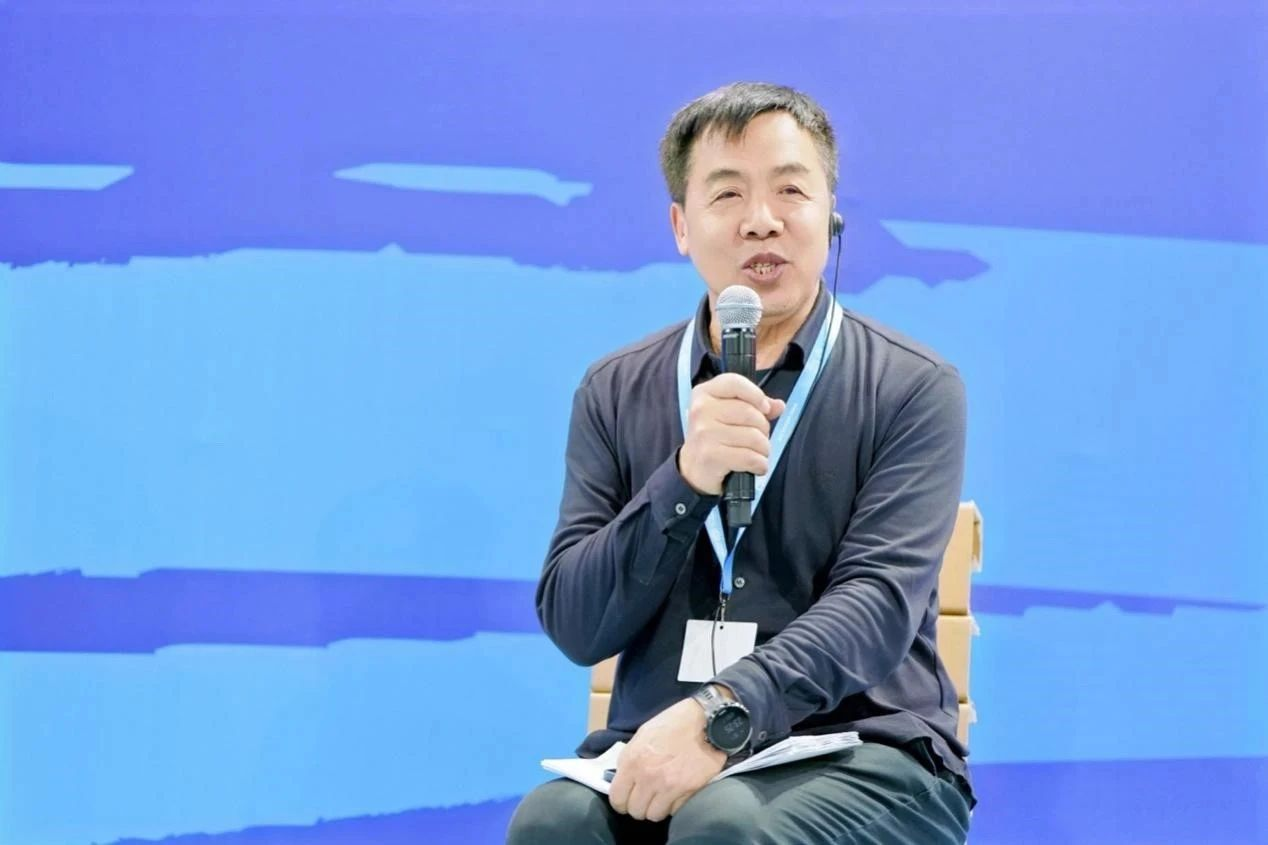
The Chinese Association of Building Energy Efficiency (CABEE) applied for observer status to the UNFCCC secretariat this year. Its Vice Chairmen Li Deying attended the side event titled “Dialogue with the World to Craft a Sustainable Ecosystem for a Net Zero Future” held during the China Pavilion Digital Day.
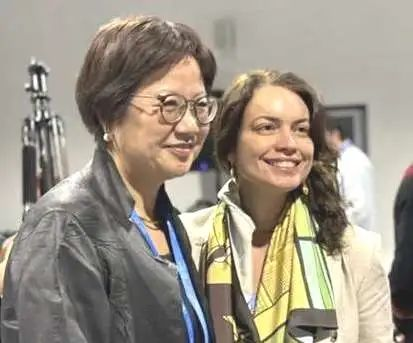
Liu Xuesong, Chairwoman of the Beijing Zero-Waste Recycling Industry Promotion Association (ZWPA), was invited to a side event themed “People-Centered Transition to a Circular Economy: Creating the Enabling Factors”. At the event, she introduced how ZWPA improves the added value of the circular economy through the integration of culture, technology and aesthetics, as well as through cross-disciplinary collaboration. These efforts aim to transform consumer behaviors and cultural norms while advocating and practicing sustainable lifestyles.
(Edited based on information from CANGO)


